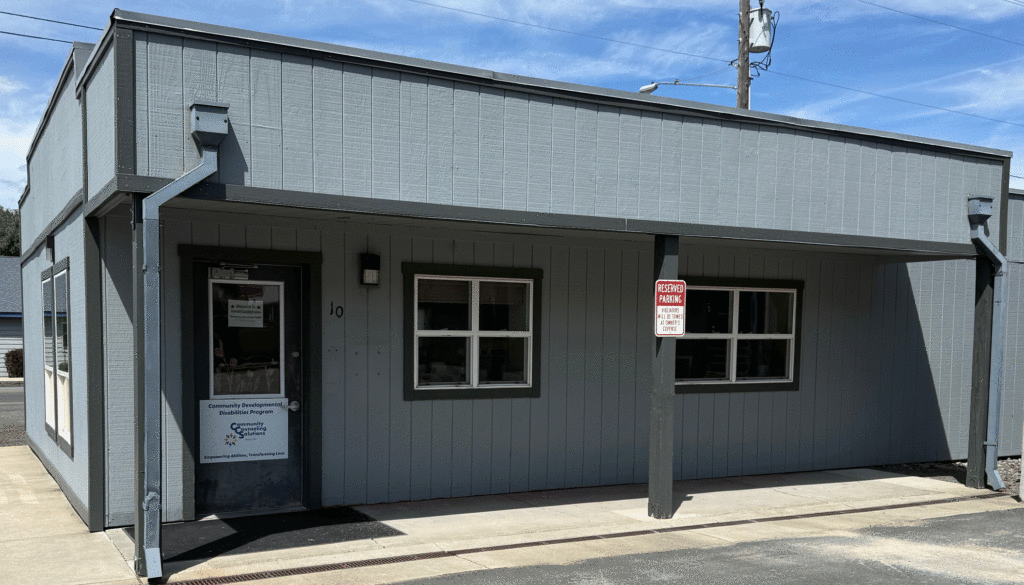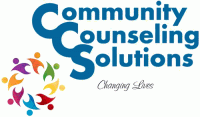
Developmental Disabilities
Welcome to Community Counseling Solutions’ Intellectual/Developmental Disabilities Program
We’re glad you’re here! At Community Counseling Solutions, we are dedicated to providing compassionate, individualized support to people with intellectual/developmental disabilities and their families. Our program is built on the belief that everyone deserves the opportunity to grow, thrive, and live a fulfilling life.
Our team works closely with individuals to promote independence, enhance quality of life, and build on each person’s unique strengths and goals.
Empowering Abilities, Transforming Lives — it’s not just a tagline; it’s the driving force behind our work. Welcome to a program where you are respected, supported, and encouraged every step of the way.
We are currently working on a brand new look for this page and will be launched very soon, in the meantime if you have any questions or need assistance please reach out to Dana Ring, our wonderful program manager.


